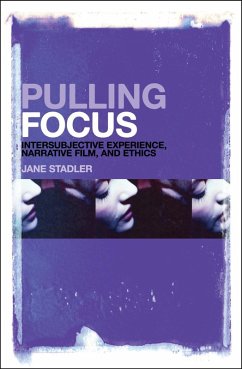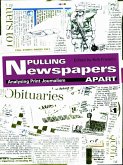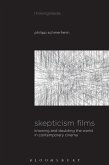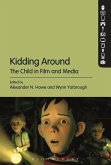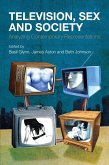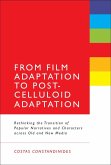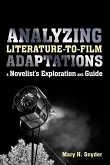The most powerful films have an afterlife. Their sensory appeal and their capacity to elicit involvement in story, character and conflict reaches beyond the screen to subtly reframe the way spectators view ethical issues and agents within the narrative, and in the world outside the cinema. Pulling Focus: Intersubjective Experience and Narrative Film questions how cinematic narratives relate to and affect ethical life. Extending Martha Nussbaum and Wayne Booth's work on moral philosophy and literature to consider cinema, Dr. Stadler shows that film spectatorship can be understood as a model for ethical attention that engages the audience in an affective relationship with characters and their values. Building on Vivian Sobchack's Address of the Eye and Carnal Thoughts, she uses a phenomenological approach to analyse ethical dimensions of film extending beyond narrative content, arguing that the camera describes experience and views screen characters with an evaluative form of perception: an ethical gaze in which spectators participate. Films discussed include Dead Man Walking, Lost Highway, Batman Begins, Nil By Mouth, and Eternal Sunshine of the Spotless Mind.
Es gelten unsere Allgemeinen Geschäftsbedingungen: www.buecher.de/agb
Impressum
www.buecher.de ist ein Internetauftritt der buecher.de internetstores GmbH
Geschäftsführung: Monica Sawhney | Roland Kölbl | Günter Hilger
Sitz der Gesellschaft: Batheyer Straße 115 - 117, 58099 Hagen
Postanschrift: Bürgermeister-Wegele-Str. 12, 86167 Augsburg
Amtsgericht Hagen HRB 13257
Steuernummer: 321/5800/1497
USt-IdNr: DE450055826
Bitte wählen Sie Ihr Anliegen aus.
Rechnungen
Retourenschein anfordern
Bestellstatus
Storno

